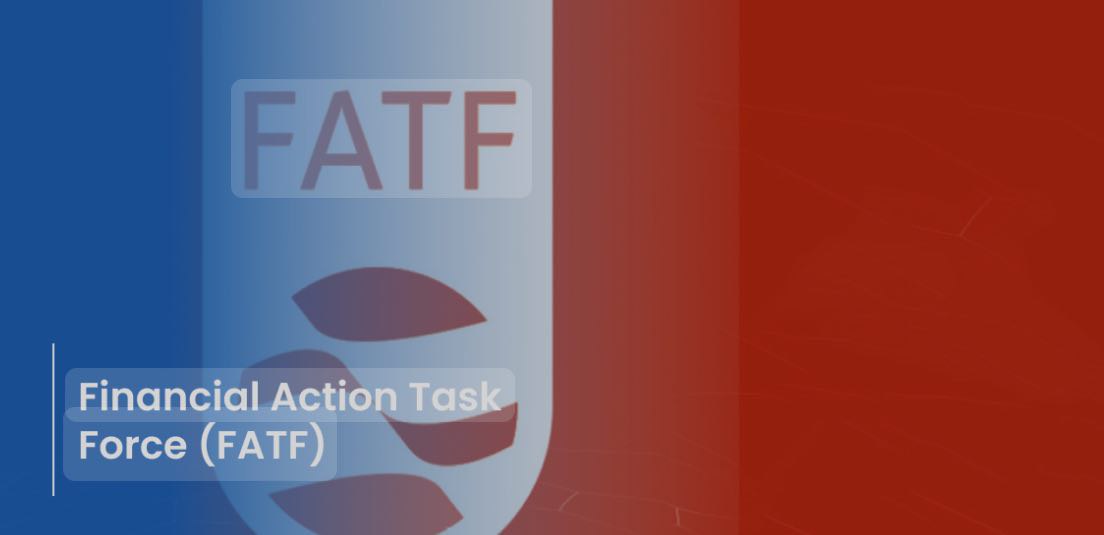Once Again, FATF
Once Again, FATF
The news of the acceptance to review Iran’s membership in FATF by the leadership revived hopes for reopening Iran’s blocked financial pathways with the world, although there is a long and challenging road ahead. Each year, Iran spends 25% of its revenues to circumvent sanctions. This revenue, which has been declining since the early 2010s, has been primarily used to meet basic needs, namely food and medicine. Iran’s removal from the global financial transaction network or SWIFT and its entry into the FATF blacklist are two main factors in the revenue decline.
If Iran does not exit the blacklist, the major economic goals, the most important of which are eight percent growth and controlling inflation, will not be achieved, because there is an undeniable dependency between economic growth and foreign investment. If these investments do not reach the projected $300 billion, the goal for economic growth will remain theoretical.
The reality of the direct connection between financial relations with the world and the improvement of the economic situation has become clear to many decision-makers in recent years.
Masoud Pezeshkian, aware of this reality, has strongly emphasized open doors and global connections since his candidacy. Based on this, the internal conflicts that have prevented the approval of bills related to Iran joining the Financial Action Task Force (FATF) and Palermo in recent years should become more aligned. Since 2016, when Iran agreed to implement the 40 recommendations of FATF and an action plan containing a scheduled guideline, several stages of review and disagreement have been passed until today when Iran’s joining this group is to be reviewed again.
In pursuit of accepting membership from Iran in 2016, the Financial Action Task Force issued a statement suspending Iran for 12 months from the list of countries against which countermeasures should be taken. However, during the specified period, these bills were not approved. Nevertheless, the Financial Action Task Force announced that, considering Iran’s progress in implementing financial supervision programs and confirming these advancements, it agrees to continue the suspension of countermeasures against Iran indefinitely.
At the same time, in its statement, the institution emphasized that Iran will not be permanently removed from the blacklist until all necessary actions to address identified deficiencies are implemented. Despite all the actions taken in Iran, the Financial Action Task Force’s demand for the approval of this law in Iran was not fulfilled, and consequently, on February 21, 2020, the Financial Action Task Force officially returned Iran to its blacklist.
In the FATF statement, countries around the world have been urged to employ countermeasures in their financial transactions with Iran to protect their banking systems from the risks of money laundering and terrorist financing. After Iran was placed on the blacklist, many efforts and obstacles were made to approve the bill.
Ultimately, the authorities of the time chose a solution called domestic FATF instead of convincing the opposition, believing that we would create a domestic FATF to track money laundering and terrorist financing, even though FATF is a global package and only makes sense when there are foreign interactions and Iran is connected to the SWIFT system.
Therefore, financial analysts believe that the domestic FATF is a way to downplay and trivialize the issue.
If we do not comply with FATF requirements, no bank will be willing to transfer funds, and if a bank does agree to establish financial relations with Iran, it will charge the risk transfer costs from Iranian banks.
Banks will also charge this cost to traders, and ultimately, it is the people who bear the burden or weight of this additional cost.
The FATF issue primarily relates to foreign trade and the interaction of banks with foreign banks, and if we fail to adhere to the framework recommended by FATF, banks cannot connect with banks worldwide.
This situation also entails costs that, in the end, the people pay.
Currently, out of 41 FATF recommendations, only two recommendations, CFT and Palermo, have not been implemented.
CFT and Palermo are two of the four bills presented to the parliament during Hassan Rouhani’s government but were not accepted by the Guardian Council.
Ultimately, these two bills were sent to the Expediency Discernment Council, and no result was achieved in their review. Before Iran was placed on the FATF blacklist, the review of these bills had been extended six times.

